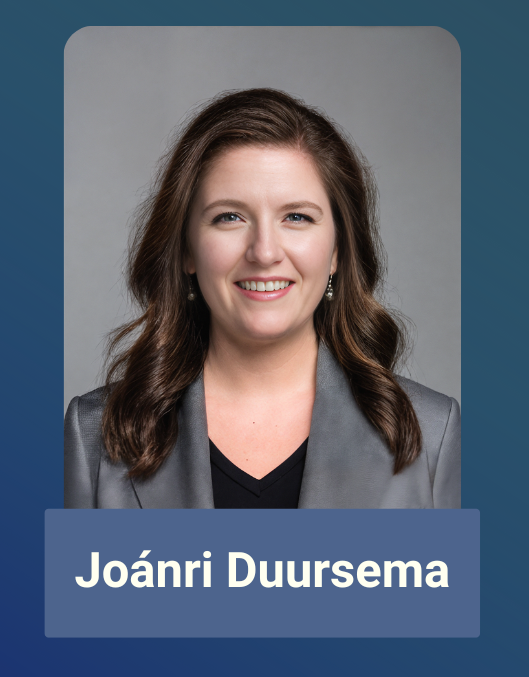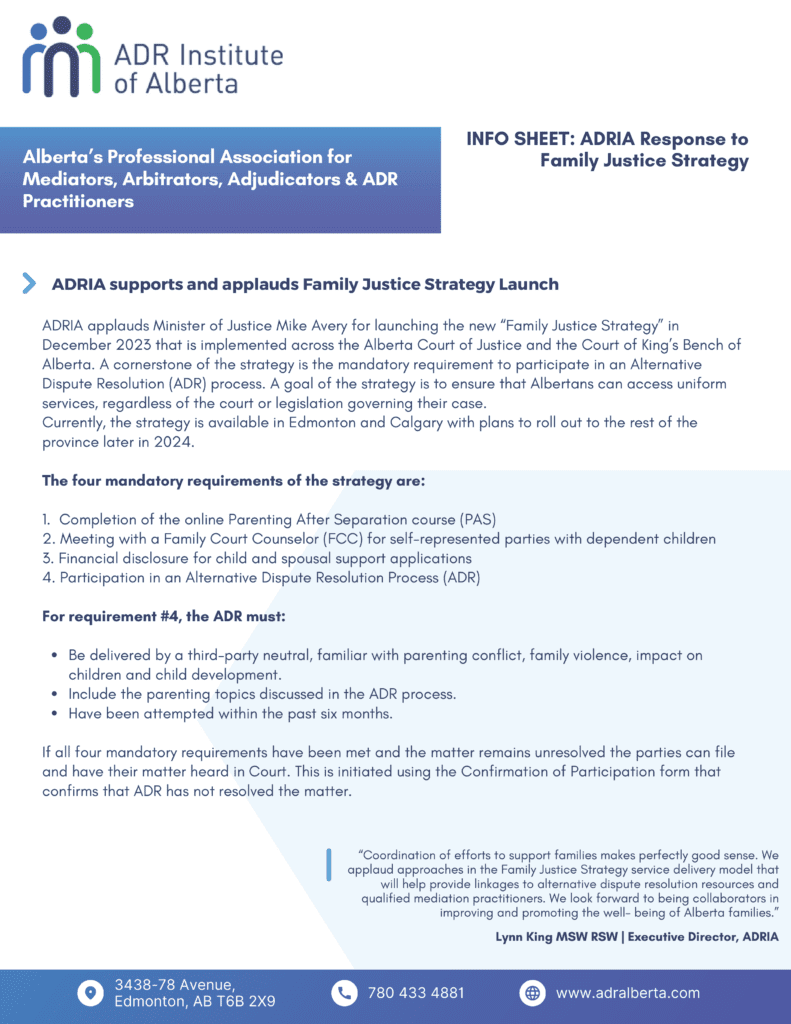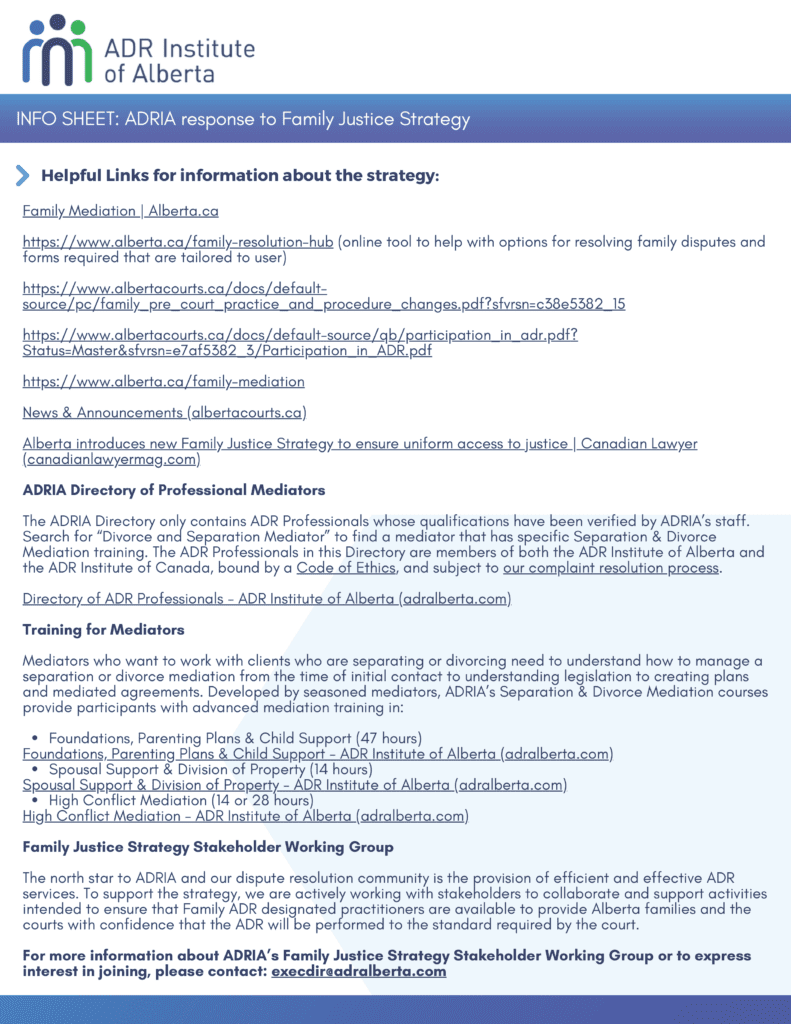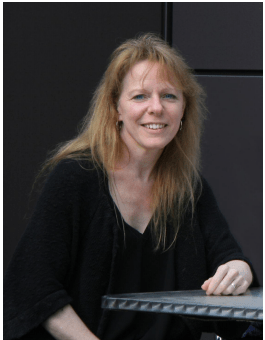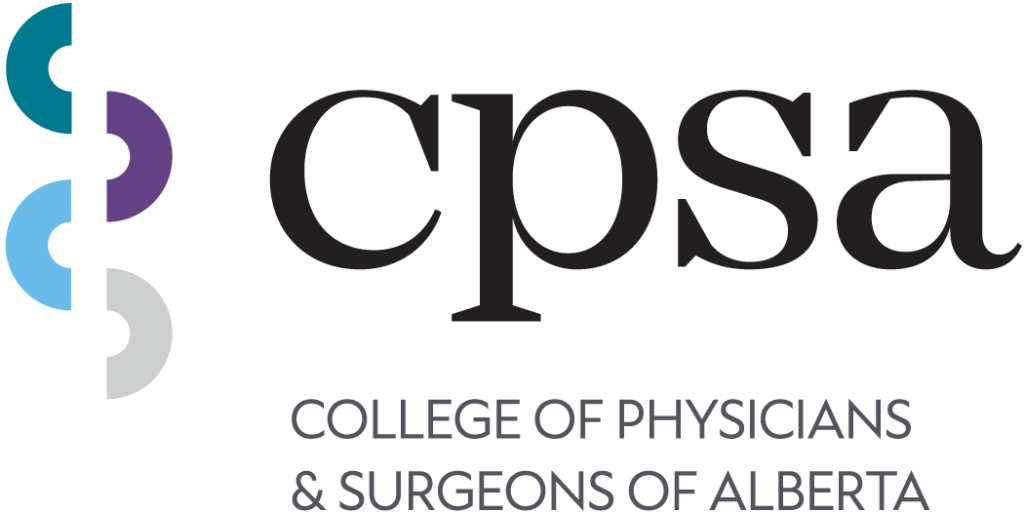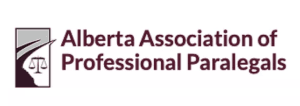
The ADR Institute of Alberta (ADRIA) is pleased to recognize and honour David Gould (LL.B., K.C., C. Med.) — a long-time member, board contributor, and one of the most influential figures in the growth of mediation and conflict resolution in Alberta and across Canada. With more than three decades of leadership in the field, David’s career reflects both the evolution of ADR in our province and the power of dialogue to create meaningful resolution.
A Career Rooted in ADR Innovation
David’s journey into mediation began in the late 1980s, when a chance encounter led him to training with the Justice Institute of British Columbia. This spark turned into a lifelong vocation. Soon after, he became a founding partner of the Canadian Dispute Resolution Corporation (CDRC), which provided much-needed mediation services for insurance claims across Canada at a time when the industry faced a crushing backlog. Under his leadership, CDRC grew to four offices nationwide and trained more than 140 mediators to meet this demand.
Over the years, David’s practice expanded into the energy, regulatory, business, and municipal sectors. Most notably, he led the design of the Appropriate Dispute Resolution (ADR) system for the Alberta Energy and Utilities Board (AEUB 1999) and later for the National Energy Board (NEB 2001). These programs became models for how industry, regulators, and communities could engage in constructive dialogue. In 2004, David co-facilitated the CAPLA Company-to-Company (C2C) Task Force Report, which provided energy companies with practical guidance for selecting the most appropriate processes to resolve conflict and strengthen business relationships.
Beyond Canada, David’s career extended onto the international stage. In 2008, when the Harvard Negotiation Insight Initiative concluded its five-year term at Harvard Law School, David was asked to chair its successor, the Global Negotiation Insight Institute (GNII). In this role, he guided the organization’s transition and advanced its mission of integrating ethical, philosophical, and spiritual wisdom traditions into mainstream professional practice — including law, business, and conflict management. Through this work, David had the privilege of collaborating with leading voices in law and negotiation, helping to expand the conversation on how culture and values shape approaches to conflict resolution.
Reflections on ADRIA Membership
David’s connection to ADRIA stretches back to its early days, when it was still known as theAlberta Arbitration and Mediation Society (AAMS) (founded in 1982). A certified mediator and former board member, he has witnessed firsthand the organization’s transformation into a vital hub for education, networking, and professional standards in ADR.
Looking back, David notes that ADRIA’s greatest strength has always been its ability to balance training and service to members. While there were spirited debates in the early years about whether the Institute should primarily support mediators or lead in training, ADRIA ultimately embraced both roles — a decision that has sustained its growth and its importance to the profession.
Over the decades, David has valued ADRIA not only as a professional home, but also as a community that champions excellence in mediation and supports the next generation of practitioners.
Words of Advice for Future Practitioners
When asked what guidance he would share with today’s ADR professionals, David highlights the importance of adaptability. The fields of insurance and energy mediation, once central to his work, have shifted dramatically due to regulatory and industry changes. However, new opportunities are emerging in areas such as estates, family enterprise, and community conflict.
Above all, he encourages practitioners to focus on the heart of mediation: helping people shift from fault and blame in the past to collaboration and possibility in the future.
“In every mediation I’ve done, there’s been a moment when I knew the parties were going to settle. It’s when they stop talking about the past and begin talking about the future and how to get there together.”
A Lasting Legacy
David Gould’s career has been defined by leadership, innovation, and generosity of spirit. From his pioneering work with CDRC, to designing conflict management systems for regulators, to serving on ADRIA’s board and mentoring others, his contributions have left an enduring mark on the ADR community.
On behalf of ADRIA and its members, we extend our gratitude to David for his vision, service, and friendship, and we wish him joy and fulfillment in the next chapter of his journey.
Honouring David Gould: A Founding Member, Former Board Member, and Leader in ADRRead More


